Thank you to everyone who participated in Unlocking ADHD’s first Youth-2-Youth Discord Chat. Unlocking ADHD writer Samantha Hui summarises the experiences and insights shared by those who took part in the event.
We also have a recording of the panel discussion by four youths with ADHD, where they talked about what their childhoods were like, the significance of getting a diagnosis, their relationship to ADHD medication, and how they manage their ADHD. Note that due to a technical error, the audio is “funky” around the 9 minute mark.
Diagnosis
When should I get a diagnosis
Do you feel like you’re really struggling in life? Have you taken a diagnostic test for ADHD (like this) and found that you experience many of the symptoms of ADHD listed? Are these symptoms affecting your daily lives? If that’s a yes, you should consider getting a diagnosis!
Why should I get a Diagnosis
Last minute work, strained relationships, failing to deliver, all that pressure and accumulated stress over the years — that can take a huge toll on your health and wellbeing. If you have ADHD, getting a diagnosis makes a difference!
After getting an ADHD diagnosis, you can learn more about your brain and how to work with it. From there, you can learn how to manage the weaknesses of your brain and bring out its strengths. There are specific tips and practices that people with ADHD can work on that can help them.
In particular, if you are a student, getting a diagnosis will mean that you can seek accommodations from your school that will level the playing field between you and your peers. Examples of common accommodations include a less distracting seat in class, extra time for assignments and exams, as well as someone to help you with note taking.
Finally, you’ll get access to dedicated support for managing your ADHD symptoms. You can get medication, which some people with ADHD describe as feeling “like getting glasses for your brain”. You can also seek out health professionals like therapists that can help you with the problems you face with ADHD.
Should I get a diagnosis if…
My symptoms are not as bad as what I see in other people with ADHD?
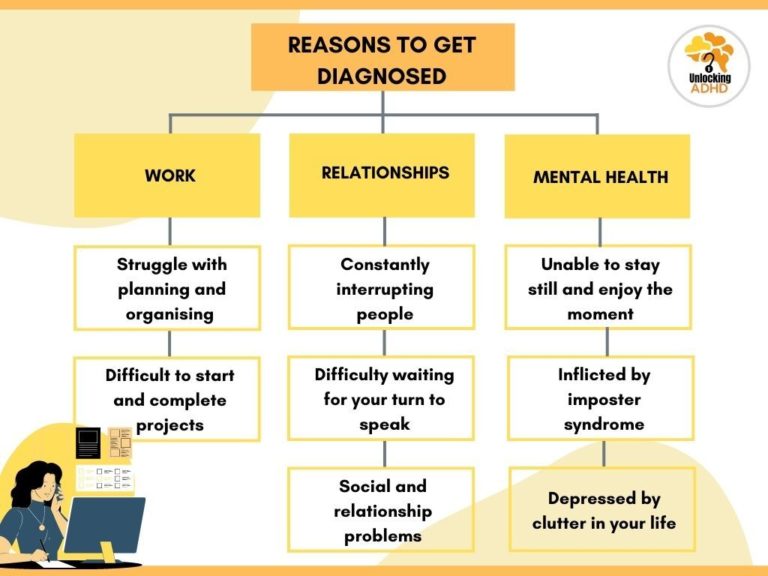
We have an article that addresses this question in full here! But the gist of it is that if you have found a way to deal with the challenges associated with ADHD so it isn’t impairing your life, then perhaps you don’t need to seek out a diagnosis. But if you feel like it’s affecting your life badly, then you might want to consider it.
I may not be able to financially afford an ADHD diagnosis
There are two routes to getting a diagnosis. The subsidised route via the restructured hospitals (which is more affordable but has longer wait times), or the private clinic route (which is more expensive but has longer wait times). You can find out more about these two routes through this article.
We also have this article by one of our volunteers, Jae, on the options that might be open to cash-strapped youths in getting a diagnosis. Just make sure you are aware of what are your options, and make your own judgement call in balancing your finances and your need for a diagnosis.
My parents are not supportive and I am under 16 years old
We have some tips that we’ll be sharing in this recap article later on how to get your parents’ support. But if they really are unwilling to help you, do reach out to us at [email protected] where we may be able to further advise you. If you are 16 and above, you might still be able to get a diagnosis on your own.
I’m scared that the doctor and the people around me will think I’m looking for the easy way out……
Maybe you don’t fit the typical stereotype of ADHD, and you’re worried that you might be turned away. Or you don’t want to be seen as someone looking for an excuse for your struggles in life, even though you strongly suspect you have ADHD.
That’s alright. Even if you are worried about what the doctor may say, you should just give it a try. It’s still worth it, because a diagnosis can open up a lot more options for you!
What if I don’t actually have ADHD, I just think I do?
“Imposter syndrome” for ADHD is real! First, do an ADHD diagnostic test like this one here to see how many of the inattentive and/or hyperactive/impulsive symptoms of ADHD you have.
If you have at least 5 inattentive and/or 5 hyperactive/impulsive symptoms, then you should strongly consider getting a diagnosis. For reference, adults on average will report less than 1 symptom out of all 18, whereas adults with ADHD on average reported more than 12 (7 on the inattention list and 5 on the hyperactive-impulsive list) (Barkley, Murphy & Fischer 2010).
At the very least, if you take the test, you would know that there are challenges that you need to work on in your life. Even if you don’t end up getting an ADHD diagnosis from the doctor, they may give you a different diagnosis, or point you in the direction of how you can overcome the challenges you are facing in your life.
Ultimately, you will still be learning more about yourself and getting the help you need!
What Should I Prepare while Trying to get a Diagnosis?
1. ADHD Self-Diagnostic Checklist
Go through this online test for ADHD, which is based on the official DSM-5 criteria for ADHD as adapted for adults.
After you have completed the test, go through every question that you have answered yes to, writing down examples of how these symptoms have affected you throughout your life, and in the different areas of your life.
Note that sometimes people with ADHD learn to “mask” these symptoms. For instance, they may not lose everyday items as often due to coming up with an intricate system, or they may have had parents that provided a lot of structure for them while growing up. Thus, the impact of the ADHD symptoms might not be as obvious. But that’s okay!
Start to gather information demonstrating these difficulties you are having with ADHD, such as reports of your grades, or comments from your teachers in your report books.
2. Enlisting the Support of your Parents/Friends
It might, of course, be easier for you to get a diagnosis if you have the support of your parents. Here are some of the ways you can try to get their support:
You can use what you have prepared, especially the ADHD self-tests, to show your parents how your struggles are similar to that faced by those with ADHD.
You can also look for some articles on the consequences of those with undiagnosed/unmanaged ADHD — and summarise it in point form to your parents
You can try explaining to them how proper assessment /diagnosis can provide clarity and potentially open the door to better academic/career/mental health outcomes.
You can also point out the accommodations that those with ADHD can have in the educational system that will help them level the playing field with their peers.
Getting your family on board with getting an ADHD diagnosis may be especially helpful. The psychiatrist you see may ask for you to bring your parents along, as they may need an outsider’s perspective to holistically assess the challenges you faced while growing up, and to tell if you have other mental health conditions alongside ADHD. If that happens you could also bring a close friend for moral support, if asking your parents to come proves difficult.
At the Polyclinic/at the Psychiatrist
Show the GP or the psychiatrist your answers to the self-diagnostic checklist, and show them your report books/cards as well.
Preparation is important — both in terms of mental preparation, as well as giving specific examples from childhood to show these symptoms.
The doctor will only be seeing you for a few minutes and will base their judgement on this limited time. They will want to get as much information from you as possible, especially as they do not want to give you a misdiagnosis.
After all, some of the symptoms of ADHD overlap with that of other conditions such as bipolar disorder and complex post-traumatic disorder. They may also be looking out for signs that you have other mental health conditions that are co-occurring with ADHD.
Should I get a Second Opinion?
It is OK to get a second opinion, especially if you feel like the professional that saw you was not sufficiently familiar with ADHD.
Some signs that the professional you saw may not be familiar with ADHD include:
If they cite stereotypes as examples of why they feel you don’t have ADHD (e.g. you are not a child, your grades are too good, you don’t look hyperactive enough)
If they diagnose if you have ADHD only by:
Giving you a battery of neuropsychological tests, such as the Wisconsin Card Sorting Test and the Rey-Osterrieth Complex Figure test. While some clinicians believe these tests to be effective, when such a test battery is used to assess persons with ADHD, only about 30% of those with ADHD are found to have impaired executive functions (Barkley 1997, 2006, 2011).
If they only give you a computerised test, such as the Continuous Performance Test (CPT). These typically run about 15–22 minutes, presenting a series of letters or shapes on the computer screen and/or with auditory signals, asking you to respond when a particular target appears while avoiding responding to other stimuli. As Brown (2017) puts it:
“No electroencephalogram, neuropsychological test, or computerised measures can capture the variety and complexity of functions involved in getting up in the morning and preparing to leave for school or work, riding a bike or driving a car in traffic, reading and comprehending papers or books, participating in social conversations, and prioritising a variety of tasks and getting started on what is most important while avoiding distractions yet shifting focus when needed. Assessment for ADHD requires collection of information about how the person functions in a wide variety of complex daily tasks at many different times of day in many different settings.”
What to do while waiting for a Diagnosis
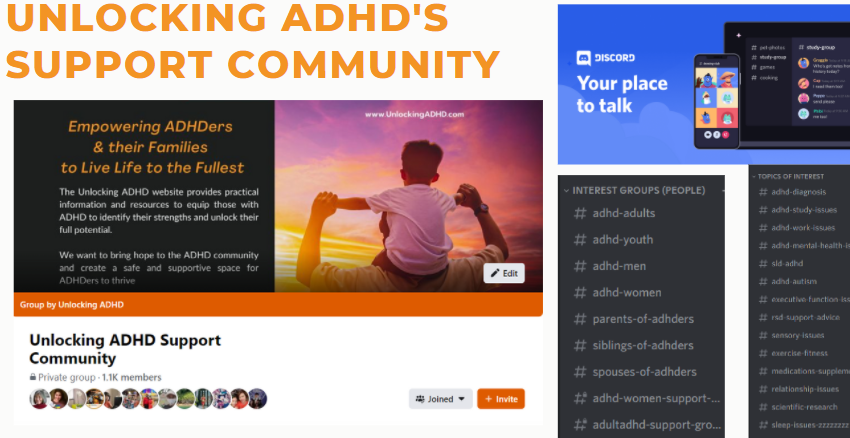
In the meantime, you can build a support network for yourself. You can talk to your family and friends about the challenges you are facing. You can also join various support networks online. For instance, UnlockingADHD has a Facebook Support Group as well as a Discord Server. There are also other Singapore based Discord servers for youths and mental health such as Heal Over Time, and international servers for those with ADHD, such the HowtoADHD Discord server by the youtube channel of that same name.
You can also start to deploy many techniques that are useful for helping those with ADHD get things done! An example is body doubling, where you just have someone around with you in the room as you do work. Get your friends and family to just hang around and work together with you.
There are also Discord Servers such as StudyStream which can connect you with people for body doubling virtually, or apps like FocusMate which can match you up with someone who would like to do some body doubling over Zoom. There are many more such tips for those with ADHD if you just search for them online.
There are also ADHD workbooks that can help you figure out how to manage any difficulties you may be having with ADHD.
You can also access therapy for your mental well-being, such as through your school counsellor.
Can I seek out a diagnosis on my own?
You can if you would prefer to! You can check out this article by one of our volunteers, Jae, on how she managed to get her diagnosis on her own as a university student.
Managing ADHD
Diagnosis is not the final stage in your journey. After you get your diagnosis, you still need to slowly work out how to manage your ADHD.
Figuring out what to do with Medication
After you get your diagnosis, you can get access to medication. Although medications do not cure ADHD, for about 8 of 10 people with ADHD, approved medications, properly fine-tuned, can significantly improve their ADHD impairments.
Unlocking ADHD has a series of articles addressing on how you can use medication effectively. This will be something to test out with your psychiatrist, where you’ll start out with the lowest dose and work from there.
Where to Seek Treatment in the Long Term
You may have to make decisions where there are no right answers. Examples include: should I go to a doctor who is familiar with ADHD but very far away from home location, or is it better to just see someone close by but not as familiar with ADHD? Do I trust my psychiatrist and psychologist, and do I like their approach? Should I just try tele-therapy or see my therapist in person? Take your time to slowly figure out what works best for you, discuss with your friends and family, and feel free to ask for advice on support groups if you would like a sounding board.
If you got your diagnosis through a private clinic, you can also subsequently use your diagnosis to get more affordable treatment through the public healthcare system.
Accommodations
You can apply for accommodations from your school. Even after you get accommodations such as extra time for assignments and exams, you’ll still need to learn how to use them effectively. We are currently working on a project to find out more about the different accommodations being offered in schools. If you would like to help, feel free to let us know at [email protected].
Relationships
UnlockingADHD has an article exploring how to break the news post-ADHD diagnosis, as well as other resources exploring how to manage your relationships and ADHD.
Self-Acceptance and Growth
If you can accept and work on the weakness of your ADHD brain, you can also explore your strengths.
That’s all for now. For more resources, please check out the rest of our website! We even have a special section for youths.
Wishing you all the best from UnlockingADHD 💛🧡!
If you liked this article and found it helpful, please share it with others.
For more recap articles of our events, please click here.
If you are looking for community support, join our ADHD support group or Discord chat!
References
Brown, T. E. (2017). Outside the box: rethinking ADD/ADHD in children and adults: a practical guide. American Psychiatric Pub.
Barkley RA: ADHD and the Nature of Self-Control. New York, Guilford, 1997
Barkley RA: Attention-Deficit Hyperactivity Disorder: A Handbook for Diagnosis and Treatment, 3rd Edition. New York, Guilford, 2006
Barkley, R. A., Murphy, K. R., & Fischer, M. (2010). ADHD in adults: What the science says. Guilford press.
Barkley RA: Barkley Adult ADHD Rating Scales—IV (BAARS-IV). New York, Guilford, 2011





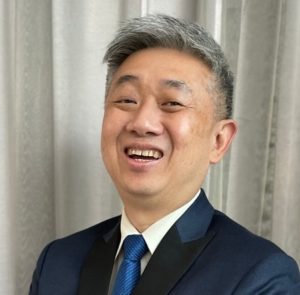
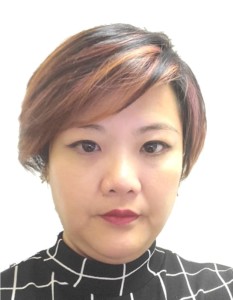
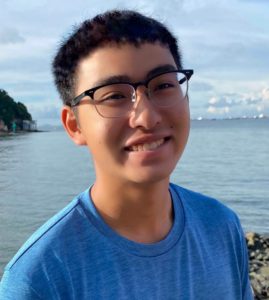
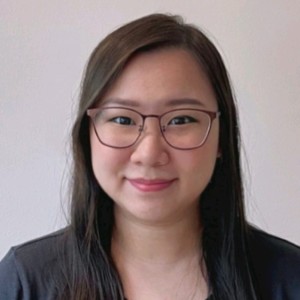
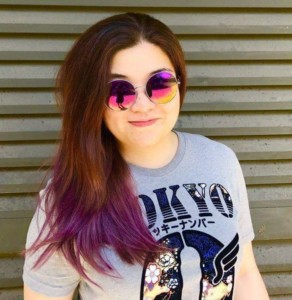






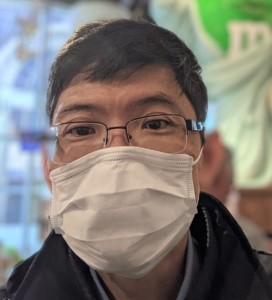


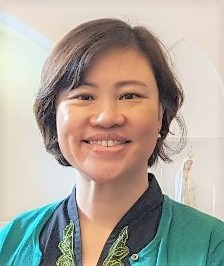

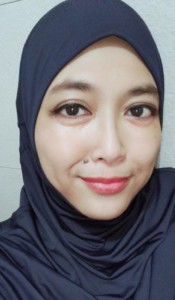

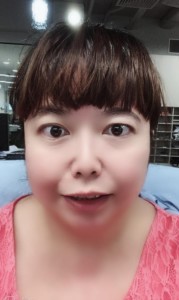



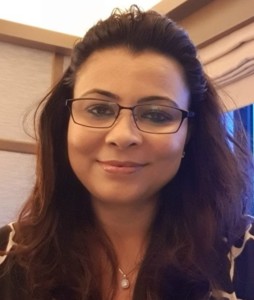
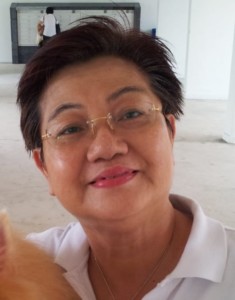






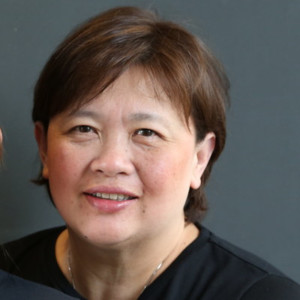
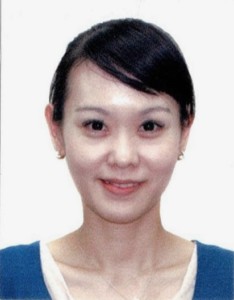

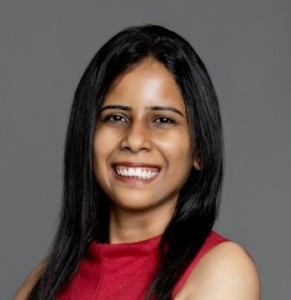
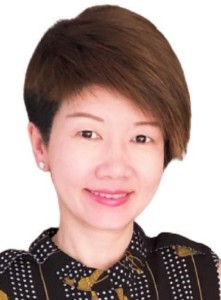



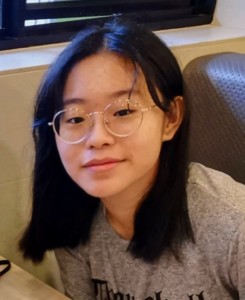






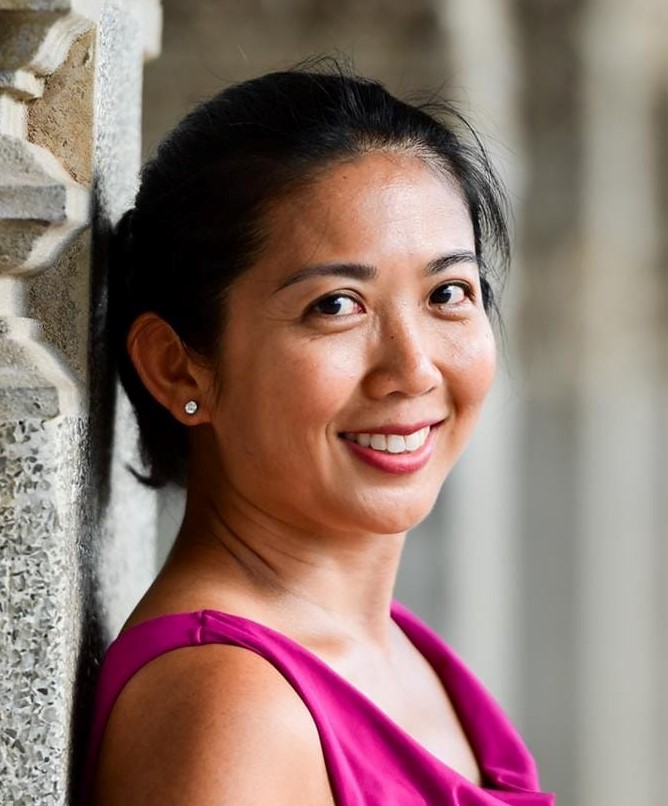

Leave a Reply